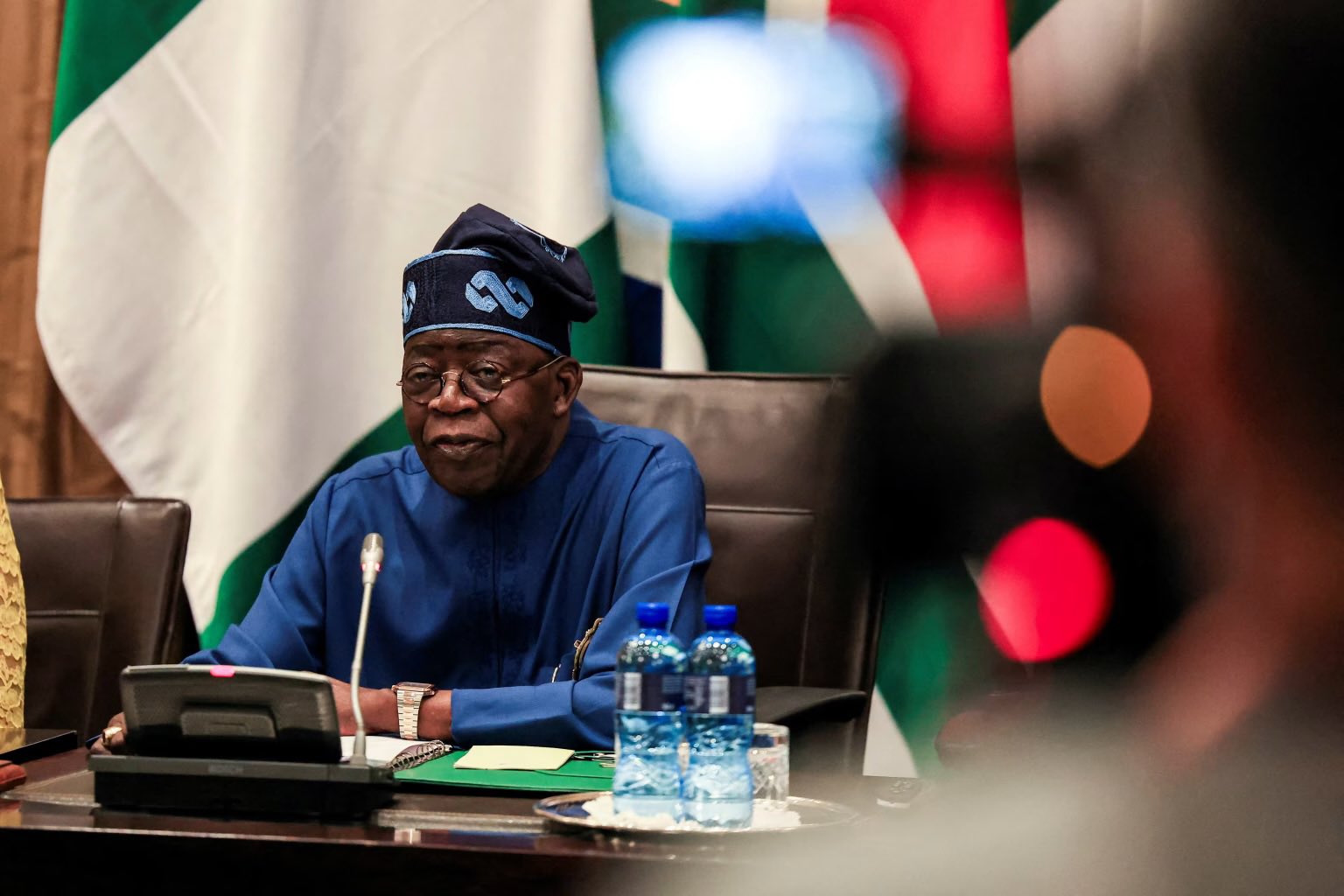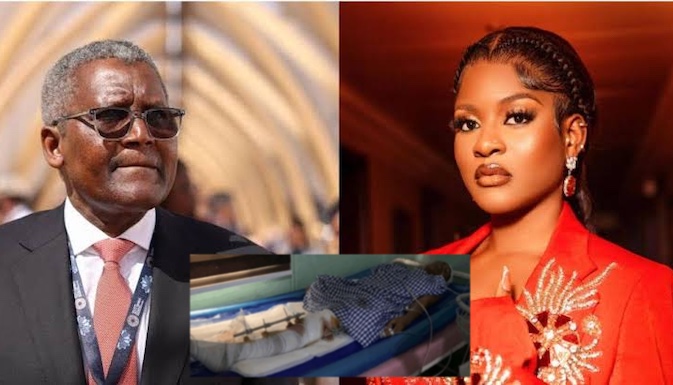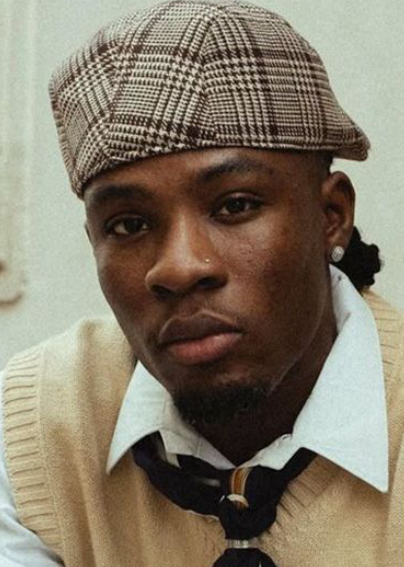
Tinubu to Address Nigerians on October 1 Independence Day Broadcast at 7 a.m.

Nigeria will wake up to a solemn address from President Bola Ahmed Tinubu on Wednesday, October 1, 2025, as the nation marks its 65th Independence anniversary.
The broadcast, scheduled for 7 a.m., is expected to be aired live across all radio, television, and electronic media platforms, with the Nigerian Television Authority (NTA) and the Federal Radio Corporation of Nigeria (FRCN) serving as the official broadcast network.
The announcement, signed by Bayo Onanuga, Special Adviser to the President on Information and Strategy, urged all media outlets to hook up to the national network for the transmission. For many Nigerians, the broadcast comes at a defining moment—an anniversary not just of history, but of reflection, renewal, and reckoning.
Independence Day in Nigeria has always carried symbolic weight, a reminder of October 1, 1960, when the British Union Jack was lowered and the green-white-green flag of a new republic was hoisted in Lagos. Sixty-five years later, the anniversary comes amid economic reforms, political debates, security challenges, and a renewed conversation about the nation’s place on the global stage. Expectations are mounting on what President Tinubu will say, and more importantly, what actions will follow.
The President’s Independence Day broadcast has historically been more than ceremonial. From Yakubu Gowon’s wartime addresses in the 1960s to Olusegun Obasanjo’s democracy renewal speeches, and Goodluck Jonathan’s calls for national unity, Independence Day has often been used to reset national narratives. Tinubu now takes the stage with his own opportunity to define Nigeria at 65.
In the past year, his government has been confronted with major economic shifts. The removal of fuel subsidies in 2023 and subsequent reforms sent shockwaves through households and businesses. The naira’s fluctuating exchange rates, rising inflation, and debates over taxation have made the economy a front-burner issue for millions. Citizens will be listening keenly to hear whether the President outlines new relief packages, policy adjustments, or bold strategies to stabilize livelihoods.
Security is another thorny area likely to feature in Tinubu’s speech. With banditry, kidnappings, and insurgency still haunting regions of the country, Nigerians will want assurances of stronger security frameworks, investment in intelligence, and a more coordinated military response. Independence Day broadcasts often serve as a platform to rally patriotism and resilience, but this year, the demand goes beyond inspiration—it is for measurable results.
The President may also seize the opportunity to address Nigeria’s role in Africa and the wider world. With ECOWAS in a fragile state following military coups in Mali, Niger, and Burkina Faso, Nigeria’s leadership role in West Africa has been tested. Tinubu, who doubles as ECOWAS chairman, has had to balance diplomacy, sanctions, and internal politics while defending Nigeria’s interests. His words on October 1 could either reinforce Nigeria’s influence or raise fresh questions about its regional authority.
Symbolically, Nigeria’s 65th Independence anniversary also sparks debate about generational transition. More than 70% of the population is under the age of 35, yet governance remains dominated by older politicians. Many young Nigerians expect Tinubu’s address to acknowledge their role, their struggles, and their demand for a system that reflects modern aspirations. Issues of education funding, digital economy expansion, and job creation for graduates are high on that list.
Already, social media is buzzing with speculation. On X (formerly Twitter), hashtags like #NigeriaAt65 and #TinubuBroadcast have begun trending, with citizens split between anticipation and skepticism. Some Nigerians expect promises of hope and unity, while others fear another round of rhetoric without impact. A user wrote: “Independence Day speeches are nice, but Nigerians want action, not poetry.” Another posted: “At 65, Nigeria must stop crawling like a toddler. We want real independence from poverty.”
Still, national broadcasts carry emotional weight. From the smallest towns to bustling cities, millions will gather around radios, televisions, and phones to listen as the President speaks. For some, it is a ritual of belonging. For others, it is a test of leadership. But for all, it will be a reminder that Nigeria—despite its crises, despite its divisions—remains a single nation under one flag.
As dawn breaks on October 1, 2025, Nigerians will wait, ears tuned, hearts uncertain but hopeful, for what their President has to say. And when Bola Ahmed Tinubu takes the microphone, his words will not just mark Independence Day—they will echo across history, shaping how the nation remembers its 65th birthday.
One thing is certain: this broadcast will not be ordinary. It arrives at a time when Nigeria is hungry for answers, for courage, and for truth. Tinubu’s address will either rise to the moment—or be remembered as another missed chance in a long line of Independence Day speeches.

